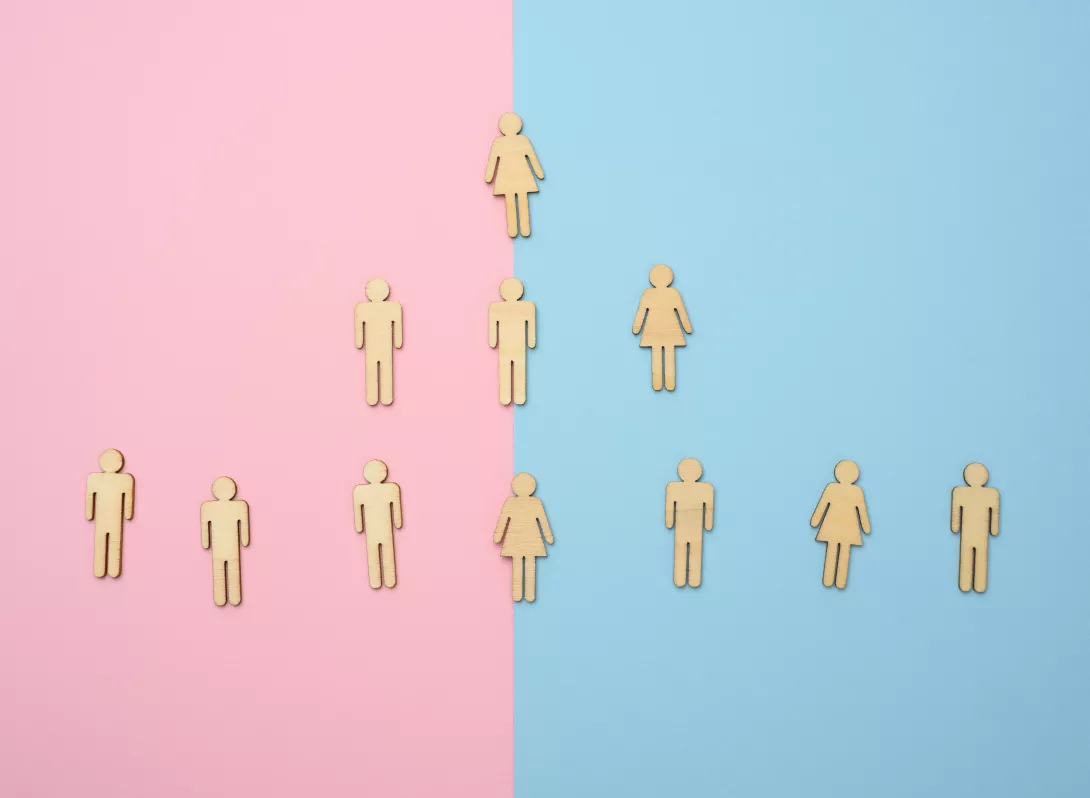Gender Identity & the Law
Last Reviewed:
Reviewed By:

In British Columbia, the law protects people’s gender identity and how they show their gender.
It is against the law to treat someone unfairly because of their gender identity or expression. People in BC can also change the gender on their ID, like a driver’s licence or birth certificate, without needing a doctor’s letter. The rules are made to help everyone feel safe, respected, and free to be themselves.


Get help
For more information about gender identity and sexual orientation, including how to find support services in your area, visit Qmunity: BC's Queer Resource Centre or contact Trans Care BC by calling 604-675-3647 or toll free 1-866-999-1514.
What is Discrimination?
The BC Human Rights Code protects you from being treated badly or differently because of your gender identity or expression.
Discrimination happens when a person is treated badly or is denied a service or benefit because of their gender identity or expression. This can occur in a number of ways, including:
- You are called offensive names
- You are exposed to inappropriate jokes, images, emails or social media
- You are denied services where your gender identity or expression was a factor in the denial
- You are fired or not hired or not promoted where your gender identity or expression was a factor in the decision
- You are denied rental housing where your gender identity or expression was a factor in the denial
What can you do if you have been discriminated against?
You can file a complaint with the BC Human Rights Tribunal if you believe you have been discriminated against within 6 months of the event.
The BC Human Rights Code also protects you from retaliation if you make or are thinking about making a complaint. Retaliation Is when someone tries to harm you or get back at you for something they think you did or are going to do to them.
To make a complaint under the BC Human Rights Code, all of the following must be true:
- You have been treated badly or denied a benefit
- There is a connection between the way you have been treated and your gender identity or expression
- The treatment occurred in a public place: for example, at work, in a store or restaurant, or between a landlord and a tenant
Change of gender designation on birth certificates
Applicants under 19 years old require consent of all parents having guardianship.
Adults and minors 12 years and older who wish to change their gender designation on a BC birth registration no longer require a physicians or psychologist’s confirmation. Minors under 12 years old require a physician or psychologist confirmation.
How to change your gender designation with the vital statistics agency
Each applicant for a change of gender designation needs to submit different forms depending on age.



Hot Tip
Anyone with a BC birth registration has the option to request a birth certificate that does not display the sex designation.
You can do so with an Application for a Change of Gender Designation form.
Note: A birth certificate with no sex displayed is valid and recognized by the Government of BC, but it is not guaranteed that the certificate with no sex displayed will be accepted by organizations in BC or by other jurisdictions.
Changing your gender on your BC Services Card
Make sure your BC Services Card matches your other IDs.
B.C. was the first jurisdiction in Canada to remove the requirement for surgery before an individual can change the gender on their birth certificate. Under the Vital Statistics Act, citizens may change gender designation on their government-issued identification (ID).
Adults
You may apply to change your gender designation to “M” for male, “F" for female, or “X” for those who do not identify as either male or female.
Gender X is for individuals who do not identify as either male or female or those whose foundation ID document does not indicate gender.
Minors or children
Minors (under 19 years of age) can change their gender designation, with the consent of ALL parents and/or guardians.
However, you may be able to request a waiver of parental consent if:
- You have a court’s decision saying your parents are no longer your guardians.
- You have a youth agreement from the Ministry of Children and Family Development.
- You are married and can provide a marriage certificate.
- You are a parent and have evidence of custody of your children.
- Your parents and/or guardians are deceased or cannot consent due to a mental disorder.
- You have one or more parents and/or guardians that cannot be located after a reasonable search.
 Crime & Police
Crime & Police Money Stuff
Money Stuff Health & Sexuality
Health & Sexuality Legal Life Skills
Legal Life Skills Driving
Driving Family
Family Work & School
Work & School Housing
Housing Basic Rights
Basic Rights

